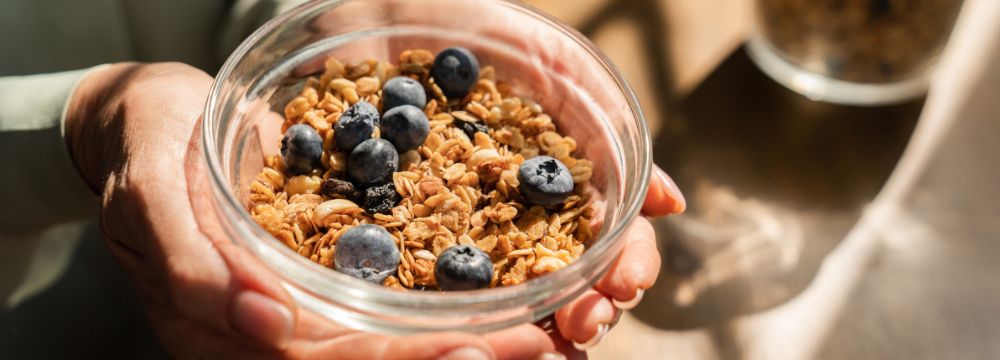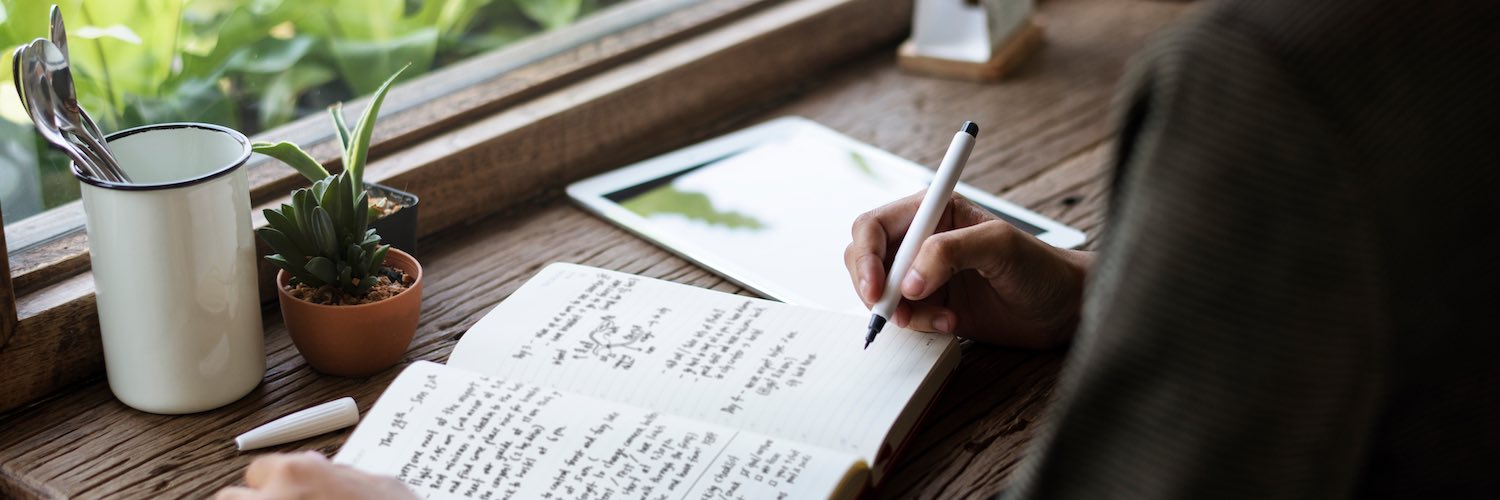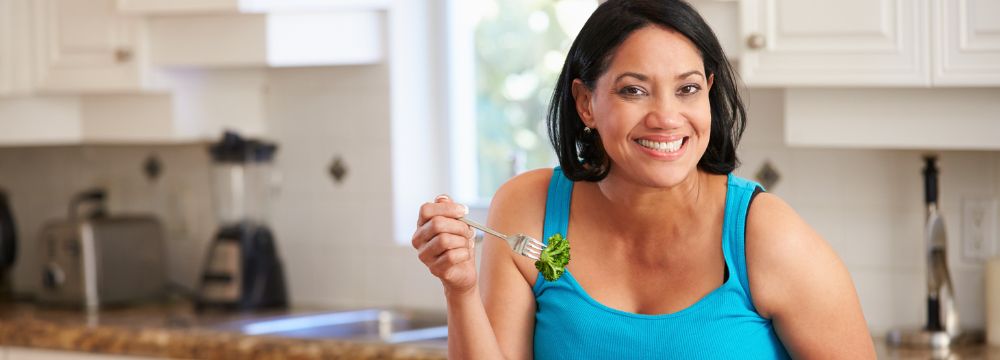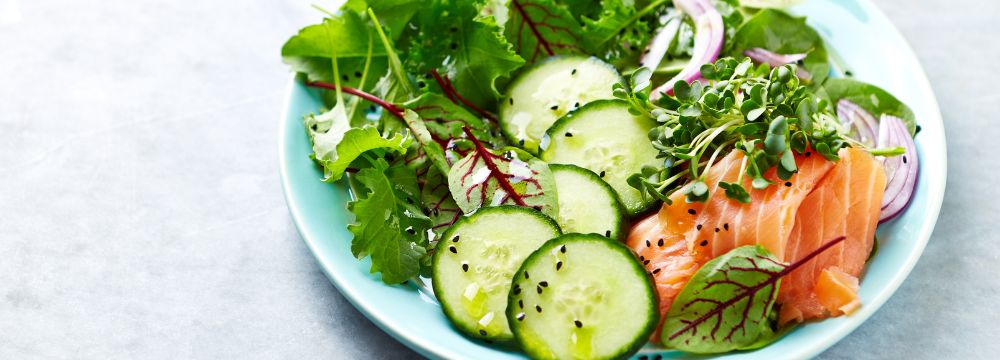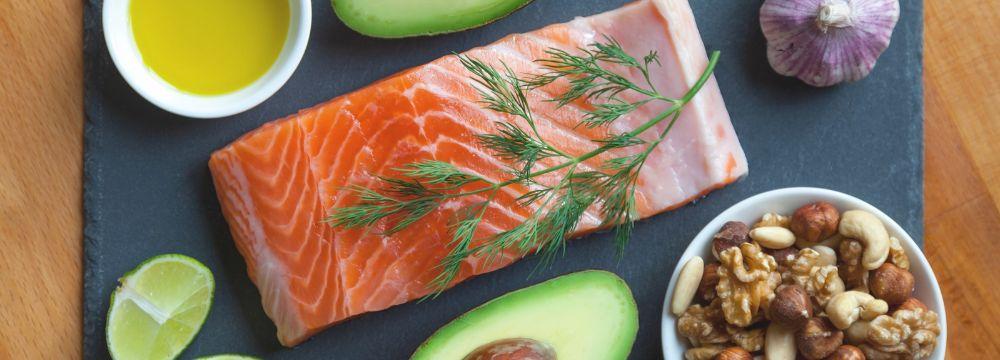Every bariatric patient knows that stress is a leading cause of over-eating and times like these make us particularly vulnerable to finding comfort in food. Even someone who has maintained an appropriate diet for years after their surgery can be derailed by this extreme uncertainty and frustration.
So how do we avoid stress eating they can add hundreds or even thousands of calories to our daily intake, so we can maintain our weight and even thrive through this outbreak.
Managing Stress
Managing your stress is very different from avoiding it or suppressing it. Quite frankly, there are very few people that, during times like these, can avoid stress entirely. Rather, it is how we react to our stressors that can make the difference. Everyone deals with stress differently. Some have heart palpitations, feel flushed, get emotional with angry or sad outbursts. And who can blame them! There are so many uncertainties in our lives at the moment that it is hard to maintain our composure. However, we have ways to cope and those can include:
- Taking deep breaths, meditating and practicing mindfulness techniques. When you are stuck at home you will be acutely aware of all the issues you have to deal with, and they can easily overwhelm you. Taking a few minutes to step back and put everything in perspective or clear your mind can offer an important reset when the day seems to spiral out of control.
- While gyms and other recreational areas may be closed to you for the moment it doesn’t mean you have to stop exercising. In fact, exercising releases endorphins that can improve your mood and manage stress effectively. Walking around the neighborhood while keeping your distance from others is a great way to do that. Even standing outside as the sun is peeking out of the clouds, can improve your mood. More vigorous exercise in the form of running or handling housework may be an option too.
- Make a list and start handling it. We tend to think of our biggest problems as also the most urgent, but sometimes that is not the case. Sometimes, it’s more helpful to knock out the smaller issues first, which can then clear your mind to tackle the bigger problem. As you make your list, sort it by priority and note items that have been waiting on you for a while and can be easily dealt with. You might find a sense of well-being from handling some of the small stuff.
- Talk it through. All of us in the bariatric world recognize the importance of talking to our families, friends and even strangers. Sometimes, we keep our problems inside and try to put on a brave face, but in the end, we are all vulnerable and need others to help us through difficult times. Whether it is regarding job security, finances or general fear of what’s to come, speaking to others may lower your stress level and you’re likely to realize that others are dealing with and worried about the very same things. This is the basis of why our postoperative support groups are so critical to long-term success – in other words you are not alone in this.
- Lastly, grocery shopping. Of course, many grocery stores are low on important staples, but by all accounts, as the panic buying begins to subside, we should be able to find most of our favorite healthy foods. While it is tempting to stock up on canned, processed foods because they have a long shelf life or frozen pizza, now is the time to re-double your efforts in finding healthy fresh foods. You may think that these foods won’t last but remember that you can freeze just about anything. So, take advantage of the freezer which can keep foods fresh for three month, six months or even longer. And remember, go shopping after a meal and check your labels!!
We certainly don’t expect you to keep it together every hour, day or week that we deal with this health crisis. Rather, the goal is to have fewer stressful days that result in fewer calories being consumed and ultimately keep you on track with both your health and your weight. Remember, that while the world seems pretty bleak right now, this will pass, and life will resume as normal. Each of us have the power to stop ourselves from going backwards in our health efforts. It’s not easy, but neither was your post-op journey – you can do it!
